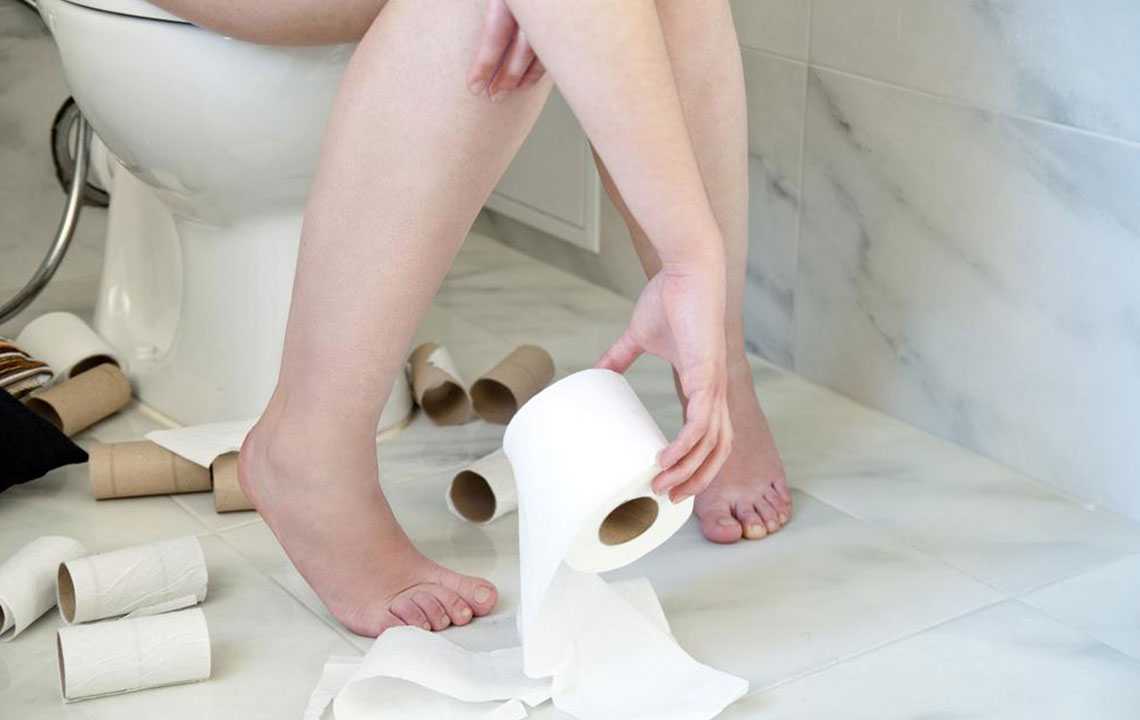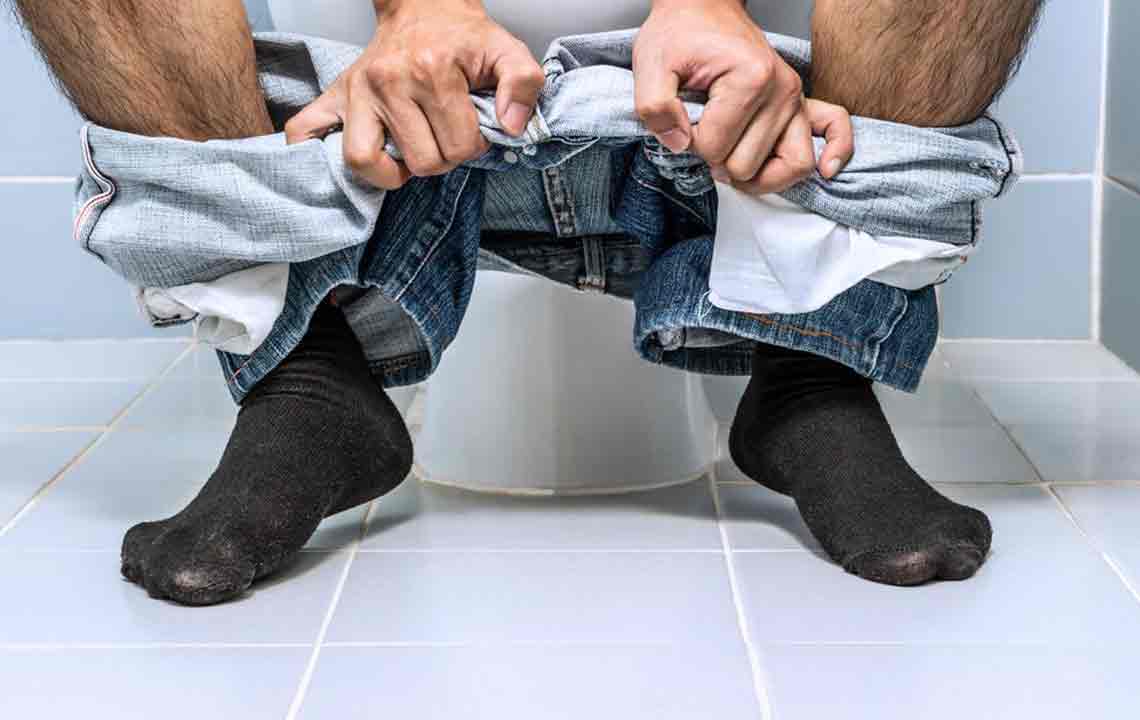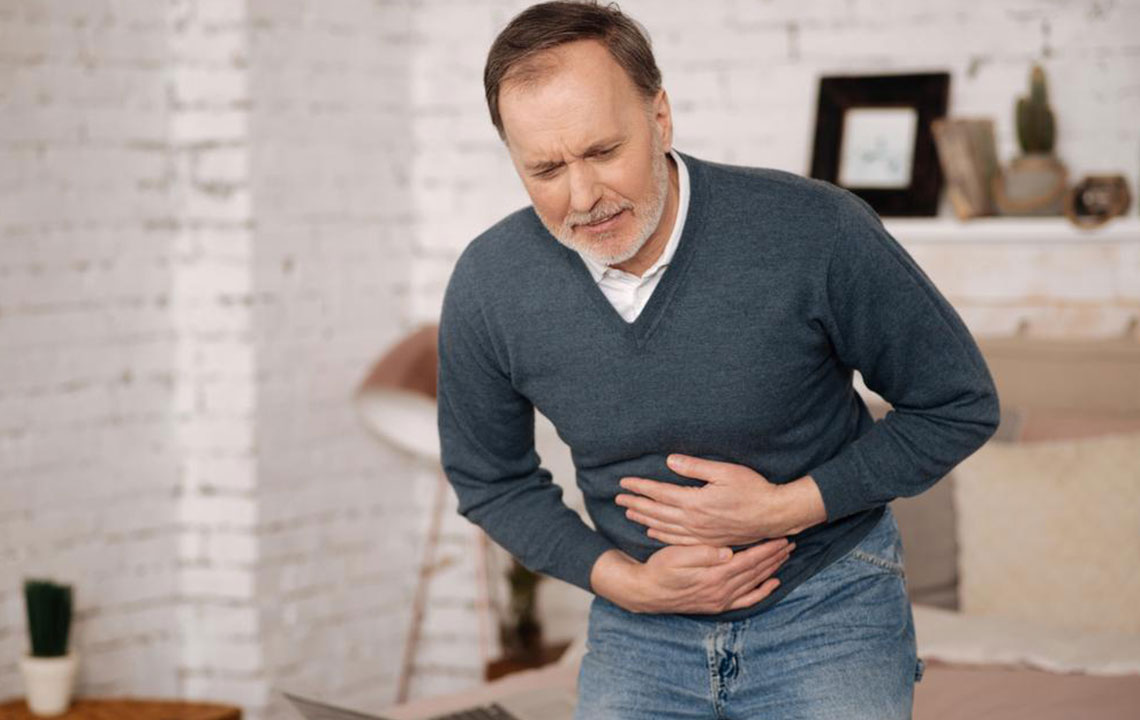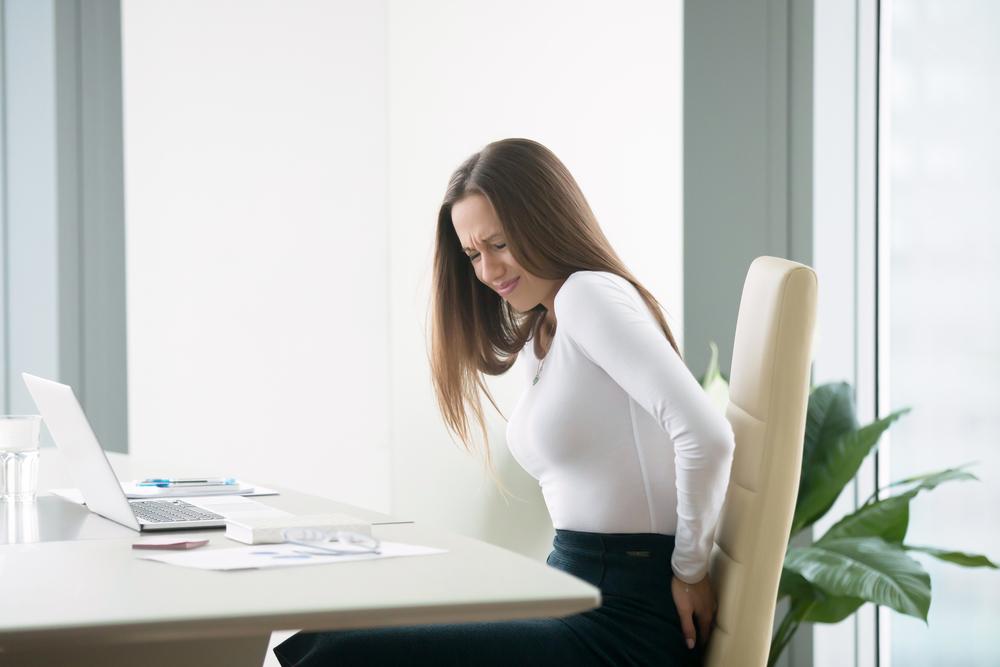Essential Strategies for Hemorrhoid Relief and Management
This guide covers effective strategies for diagnosing, treating, and managing hemorrhoids. It emphasizes lifestyle adjustments, home remedies, and medical procedures to alleviate symptoms and improve quality of life. Proper care and timely treatment can provide significant relief from hemorrhoid discomfort.

Effective Approaches to Managing Hemorrhoids
Nearly 30% of the global population experiences the discomfort associated with hemorrhoids, also called piles. This condition involves swollen veins in the anal region or lower rectum, leading to pain, bleeding, and irritation. Experts identify constipation or increased pressure on anal veins as common causes. Notably, hemorrhoids can vary—those near the anus are external, while those inside the rectum are internal. Although not dangerous, they can cause persistent discomfort. Fortunately, with proper treatment and lifestyle modifications, symptoms can be effectively alleviated.
Diagnosing Hemorrhoids
Health professionals perform examinations like anoscopy, sigmoidoscopy, or proctoscopy to confirm hemorrhoids. If suspicion of other conditions exists, a colonoscopy might be necessary to rule out issues such as colon cancer or digestive disorders.
Treatment Options for Hemorrhoids
A variety of remedies are available to reduce pain, swelling, and irritation, including home methods:
Bath in warm water to soothe the area and promote healing.
Use moist wipes or gentle baby wipes after bowel movements for cleanliness.
Applying an ice pack can help reduce pain and swelling.
Over-the-counter pain relievers provide relief during flare-ups.
Avoid scratching; wear clean cotton underwear to minimize irritation.
Home Remedies and Lifestyle Changes
Adopting simple lifestyle habits can greatly improve symptoms:
High-Fiber Diet: Incorporate fruits, vegetables, and whole grains to ease bowel movements and prevent constipation.
Topical Ointments: Use doctor-recommended creams or apply clarified butter to reduce swelling.
Avoid Dry Toilet Paper: Switch to wet wipes to prevent aggravating hemorrhoids.
Medication and Medical Interventions
Mild external hemorrhoids may respond well to topical ointments. For severe cases, consult a healthcare provider for prescription creams or procedures like hemorrhoid thrombectomy, performed within 72 hours of clot formation to provide rapid relief.
Minimally Invasive Procedures
If bleeding persists, doctors might suggest procedures such as:
Rubber Band Ligation: Bands are placed to cut off blood supply to internal hemorrhoids.
Sclerotherapy: An injection shrinks hemorrhoid tissue.
Surgical Removal: In extreme cases, hemorrhoids may require excision or stapling to prevent recurrence and reduce symptoms.










